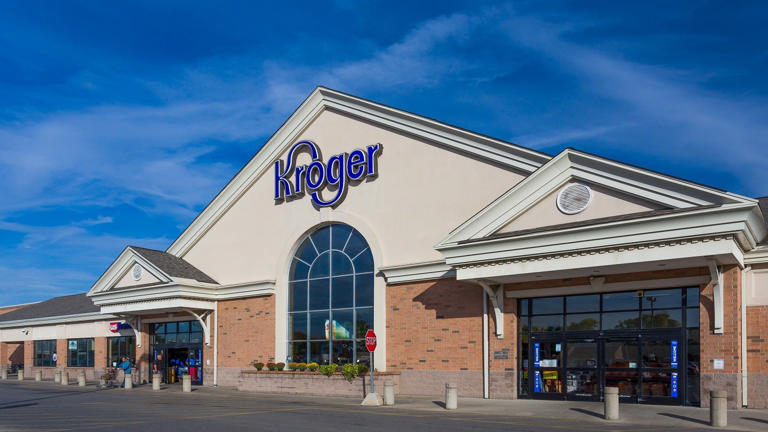The ongoing negotiations between Kroger and the United Food and Commercial Workers (UFCW) Local 951 represent a pivotal moment for over 1,000 essential grocery workers in the state of Michigan. With the looming expiration of their current contract on June 15, 2024, both parties have embarked on discussions aimed at shaping the terms of a new agreement that addresses the evolving needs and concerns of workers in the retail sector.
The negotiation process, which commenced in late April at the UFCW 951 headquarters in Kentwood, Michigan, underscores the collective bargaining power of the union in advocating for its members’ interests. The bargaining committee, comprising Kroger employees from ten stores across mid-Michigan, serves as the voice of frontline workers, articulating their demands and aspirations for fair treatment and compensation.
Courtney Phillips, the secretary/treasurer of UFCW 951 and the lead negotiator in the talks, has emphasized the union’s unwavering commitment to securing a robust contract that reflects the invaluable contributions of grocery workers. Against the backdrop of Kroger’s substantial profits during the pandemic, Phillips contends that frontline workers deserve more than just token acknowledgment; they deserve tangible rewards in the form of better wages and benefits commensurate with their essential role in sustaining the company’s operations.
Central to the negotiation agenda outlined by UFCW 951 is the issue of wage increases. Given the pivotal role played by grocery workers in ensuring the continued functioning of supply chains and meeting the essential needs of communities, the union asserts that fair compensation is non-negotiable. Wage increases are not only a matter of economic fairness but also a recognition of the risks and sacrifices borne by frontline workers, particularly during times of crisis.
The significance of these negotiations extends beyond the immediate concerns of Kroger employees in Michigan. Recent labor disputes and agreements within the grocery industry, including earlier negotiations between Kroger and other UFCW locals, underscore the broader dynamics shaping labor relations in the retail sector. Furthermore, Kroger’s potential $24.6 billion acquisition of Albertson’s adds a layer of complexity to the negotiations, as the outcome could have far-reaching implications for the future of the retail landscape and the working conditions of grocery employees nationwide.
Amid discussions of potential mergers and acquisitions, Courtney Phillips reiterates the fundamental principle that Kroger must recognize the indispensable role of its employees and prioritize their well-being in the negotiation process. As the backbone of the company’s operations, frontline workers deserve not only fair wages but also respect, dignity, and a voice in shaping their working conditions.
As negotiations progress, stakeholders will closely monitor developments, recognizing the broader implications for labor rights, employee empowerment, and corporate responsibility. The outcome of these negotiations will not only shape the livelihoods of Kroger employees in Michigan but also serve as a barometer for labor relations within the grocery industry and beyond. Ultimately, the goal is to achieve a mutually beneficial agreement that upholds the interests of both workers and the company, fostering a more equitable and sustainable future for all stakeholders involved.
